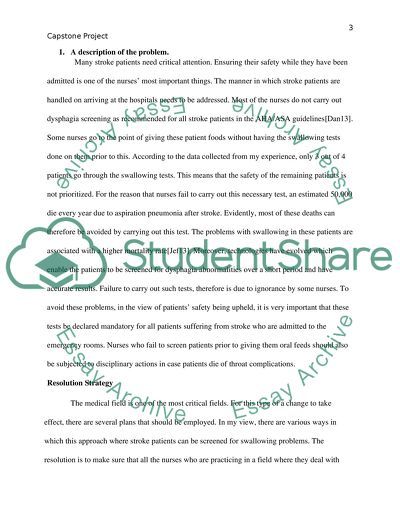Cite this document
(“Capstone project Research Proposal Example | Topics and Well Written Essays - 1500 words - 1”, n.d.)
Retrieved from https://studentshare.org/nursing/1674824-capstone-project
Retrieved from https://studentshare.org/nursing/1674824-capstone-project
(Capstone Project Research Proposal Example | Topics and Well Written Essays - 1500 Words - 1)
https://studentshare.org/nursing/1674824-capstone-project.
https://studentshare.org/nursing/1674824-capstone-project.
“Capstone Project Research Proposal Example | Topics and Well Written Essays - 1500 Words - 1”, n.d. https://studentshare.org/nursing/1674824-capstone-project.


